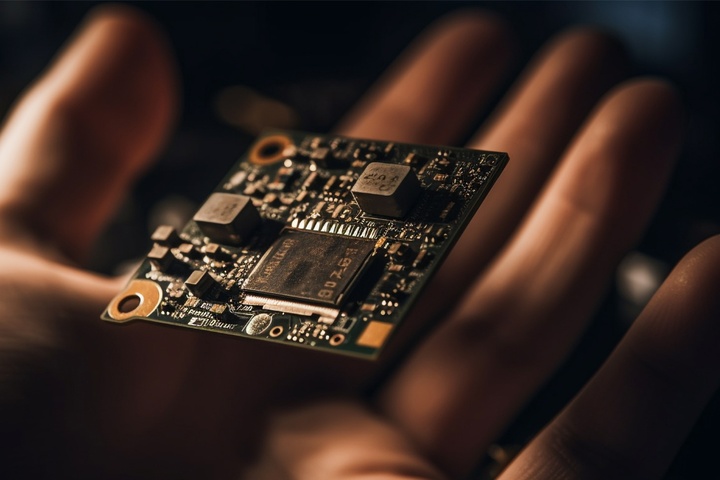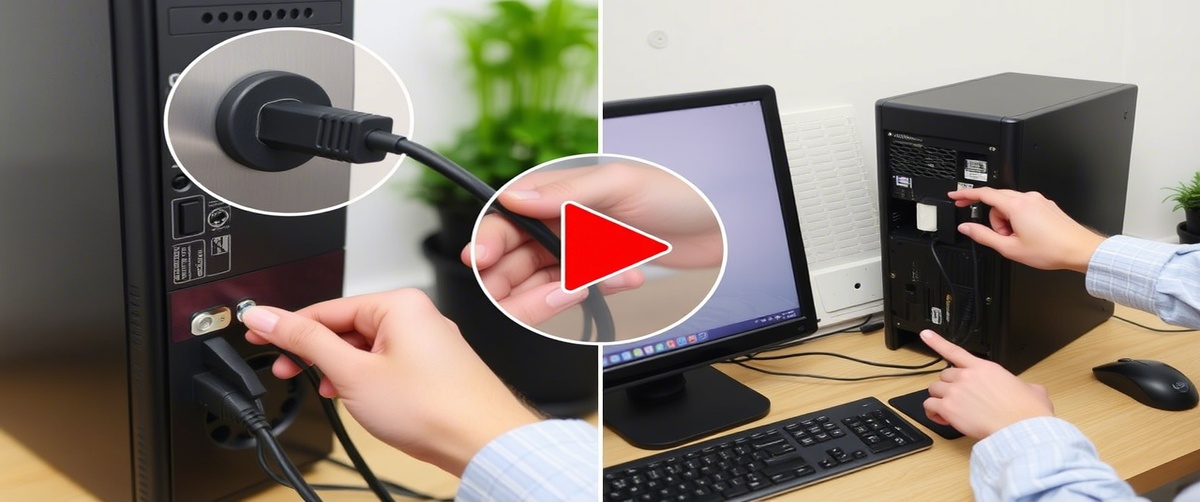Overheating of a CPU can seriously affect system performance, suitable to slowdowns, unanticipated shutdowns, and even permanent processor damage. If you have regular processor problems, you really need to find the main cause. This post will go over common CPU overheating symptoms, causes, and workable fixes including thermal paste application and maintenance of cooling fans.
Symptoms of CPU Overheating

Identifying CPU overheating early can help prevent long-term damage. Look out for these symptoms:
- Frequent system crashes or unexpected shutdowns
- Loud or constantly running cooling fan
- Performance slowdowns during intensive tasks
- Burning smell or excessive heat coming from the PC
- Abnormally high CPU temperature readings in BIOS or software monitors
Common Causes of CPU Overheating

Understanding what leads to CPU overheating can help you take preventive measures. Some common causes include:
- Dust accumulation in the cooling system
- Inefficient or failing cooling fan
- Dried or improperly applied thermal paste
- Poor ventilation inside the PC case
- Overclocking without adequate cooling
- Malfunctioning temperature sensors
Fixes for Processor Overheating Issues
Clean the Cooling Fan and Heat Sink
Dust buildup can clog the cooling fan, reducing airflow and suitable to processor issues:
- Turn off and unplug your PC.
- Use compressed air to remove dust from the cooling fan and heat sink.
- Ensure the fan is spinning properly when the system is powered on.
Reapply Thermal Paste
Old or improperly applied thermal paste can cause inefficient heat transfer:
- Remove the CPU cooler carefully.
- Clean the old thermal paste using isopropyl alcohol.
- Apply a small amount of fresh thermal paste before reattaching the cooler.
Improve Airflow and Ventilation
Poor airflow inside the PC case can contribute to CPU overheating:
- Ensure all case fans are working correctly.
- Position your PC in a well-ventilated area away from heat sources.
- Use additional case fans if needed for better cooling.
Check CPU Fan and Replace if Necessary
A malfunctioning cooling fan can lead to rapid CPU overheating:
- Check if the fan is making unusual noises or not spinning properly.
- Replace the cooling fan if it fails to operate efficiently.
Monitor CPU Temperature Regularly
Keeping track of your CPU temperature can prevent processor issues:
- Use monitoring software like HWMonitor or Core Temp.
- Check temperature readings under different workloads.
Adjust CPU Performance Settings
Reducing CPU load can help manage CPU overheating:
- Disable overclocking if enabled.
- Lower CPU voltage and clock speeds through BIOS settings.
- Enable power-saving features in Windows or macOS.
When to Seek Professional Help

If your CPU overheating persists despite these troubleshooting steps, professional assistance may be required.
Struggling with processor issues due to CPU overheating? Don’t worry! Contact TechNow for expert IT Support Services in Germany. Our specialists provide professional cooling fan maintenance, thermal paste application, and advanced system diagnostics. Reach out today and let TechNow ensure your system stays cool and efficient!



